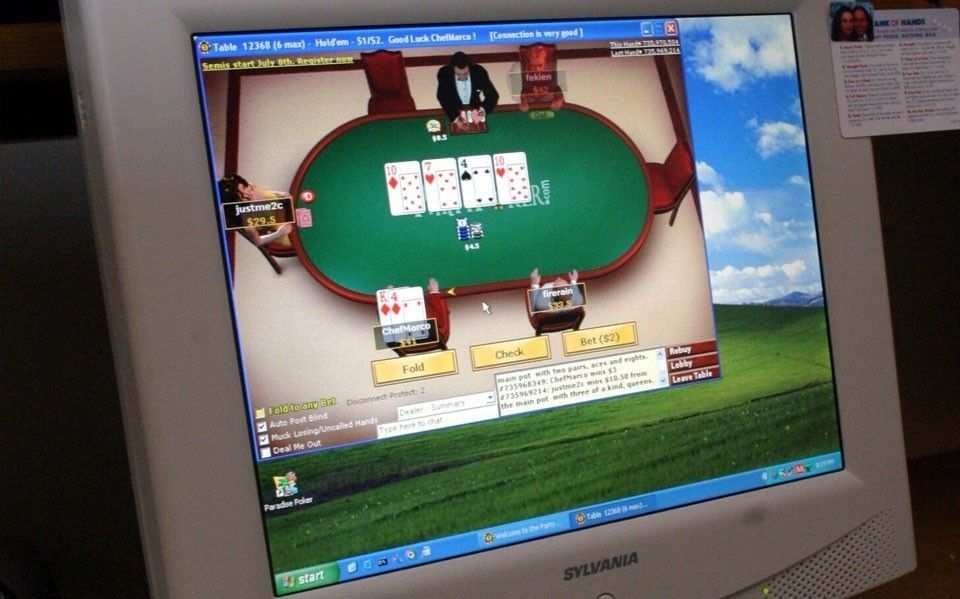
Unveiling the Latest Senate Hearing on Anti-Online Gambling Act and POGO Taxation That is Affecting the Philippines!
Key Takeaways
- The recent Senate hearing discusses the Anti-Online Gambling Act and POGO Taxation.
- This legislation aims to regulate online gambling and address tax evasion issues.
- The outcome of the hearing will have significant implications for the Philippines’ online gambling industry.
Over the past few months, the Philippines has been rocked by the latest Senate hearing, focusing on the Anti-Online Gambling Act and POGO (Philippine Offshore Gaming Operators) Taxation. This hearing has garnered immense attention and could potentially bring about significant changes to the country’s online gambling landscape. In this article, we will delve deeper into the details of this hearing and its implications for the online gambling industry in the Philippines.
The Senate Hearing: What Is It All About?
The Senate hearing primarily revolves around the proposed Anti-Online Gambling Act, which aims to regulate and monitor online gambling activities within the Philippines. Online gambling has grown exponentially in recent years, leading to concerns about the lack of oversight and potential tax evasion within this industry. POGOs, in particular, have drawn scrutiny due to their involvement in online gambling operations and the failure to comply with local tax regulations.
The hearing serves as a platform for lawmakers to evaluate the current situation surrounding online gambling and offshore gaming operators. It allows stakeholders to raise their concerns, discuss the potential social and economic impact, and propose effective regulatory measures.
Understanding POGO Taxation and Its Controversies
One of the main focuses of the Senate hearing is the taxation of POGOs. These offshore gaming operators have been operating in the Philippines, catering to foreign customers. However, concerns have been raised about these operators’ compliance and contribution to local taxes.
The Philippine government implemented a tax scheme specifically designed for POGOs, known as Gross Gaming Revenue (GGR). This tax system requires a 5% tax on GGR, allowing the government to collect a significant portion of the revenue generated by these operators.
Despite the tax scheme being in place, controversies arose due to inconsistencies and non-compliance. Many POGOs have been evading taxes by misclassifying their employees as independent contractors. This practice not only deprives the government of its rightful revenues but also poses challenges in terms of labor regulations and social security contributions.
The Potential Impact on the Online Gambling Industry
The outcome of the Senate hearing and the subsequent legislation will undoubtedly have a profound impact on the online gambling industry in the Philippines.
Regulating the industry will streamline operations and ensure that online gambling platforms adhere to stringent guidelines, including maintaining the integrity of their operations and protecting customer information.
Moreover, since the government is now focused on tax compliance, licensed POGOs will need to meet their tax obligations to continue operating in the Philippines. This may lead to a reduction in the number of offshore gaming operators, but it will also contribute significantly to the government’s revenue.
Note: It is crucial to remember that the outcomes and impacts mentioned above are solely projections, as the Senate has yet to conclude its hearing or make any official decisions regarding the matter.
Frequently Asked Questions
FAQ 1
FAQ 2
Conclusion
The Senate hearing on the Anti-Online Gambling Act and POGO Taxation has shed light on the need for stricter regulations and improved taxation practices in the Philippines. As online gambling continues to grow, it is crucial to address the potential risks it poses, such as tax evasion and concerns about customer protection. The hearing will play a crucial role in shaping the future of the industry, and its outcomes will undoubtedly reverberate throughout the Philippines.
Source: insightfullgo.com

